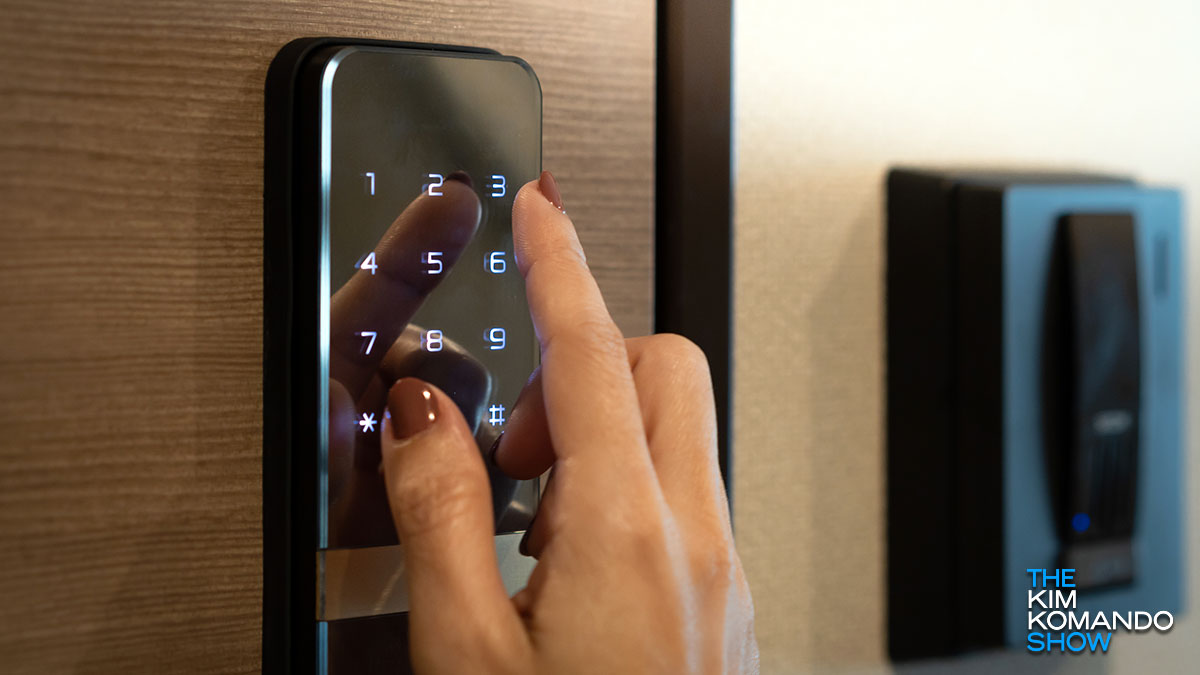When a spy takes over IT at your company

John is my “IT Genius.” I trust John, and that’s how it should be when you hire someone who works in IT. They have access to everything.
It’s also the reason North Korean IT workers are infiltrating American companies. Read on to learn how this works. If you know someone who hires IT folks, be sure to share this important information with them by tapping the social media and email icons at the end.
What you see may not be what you get
The U.S. Treasury Department and the FBI have a warning for anyone hiring for IT positions. Dozens of Fortune 100 companies have unknowingly brought on North Korean IT workers pretending to be Americans.
Backed by the North Korean government, they apply for jobs using stolen identities, leaving a trail of seemingly legitimate info that passes through HR without a hitch. Their applications may even include AI-enhanced photos.
Once they’re hired, usually working remotely, they hide their actual locations by using VPNs or falsified IP addresses to make it appear they’re based in the U.S. In many cases, their earnings go right back home to fund North Korea’s weapons programs.
‘The Supreme Leader is my real boss’
In May, federal prosecutors charged an Arizona woman who helped North Korean operatives impersonate U.S. citizens. All told, the scheme led to inside IT jobs at more than 300 American companies, including many in the aerospace and tech industries.
If you think your company’s HR team is too sharp to be deceived by a fake applicant, think again. This summer, a big security software company, KnowBe4, was duped into hiring a North Korean tech worker. Their HR department believed they’d onboarded a qualified U.S. IT specialist.
Nope — it was someone using the stolen identity of a U.S. citizen. The man passed multiple rounds of video interviews, and standard background checks verified his (stolen) identity as legitimate.
The company only realized something was up when the guy installed malware on a company-issued Mac. It was likely an info stealer, a program designed to extract data stored on web browsers or gather information left on the device.
Do your homework
US government cyberattack: It's bad and it's getting worse

Hackers are more than capable of destroying your life with nothing more than a computer in hand. Thanks to the rise of cyberattacks and malware, it’s easy for them to break into networks, steal data and sell it to the highest bidder.
Warning: Hackers can use this smart lock to access your Wi-Fi network

Home security tech is becoming increasingly common across America. In fact, a good portion of CES 2020 showcased the latest home security items — with smart home integration as a major selling point.
But like all smart home items, home security devices are only as “secure” as the networks they’re a part of. If a weak or unsecured network can be broken into, it can put every device connected to it at risk. Tap or click here to see the best ways to secure your home router from hackers.
Cybercriminals are going after the US power grid

Hackers are more than capable of destroying your life with nothing more than a computer in hand. Thanks to the rise of cyberattacks and malware, it’s easy for them to break into networks, steal data and sell it to the highest bidder.
Cyberattacks are increasing, do these 5 steps now

You’re stuck at home. You’re worried about your family, your job, the economy, your savings, your bills, your supplies and, of course, yourself. Sadly, there’s a new issue to add to your list.
No one is really talking about another frightening virus outcome except in the most inner security circles. Here it is: Cybercriminals are gearing up. So far we’ve seen a surge in phishing attacks, malicious websites and phone scams.
